Lockdown took away my freedom but set me free spiritually
During the most isolated part of lockdown, Noor Kadhim found beauty in the simple things: exercise, community and clear thinking

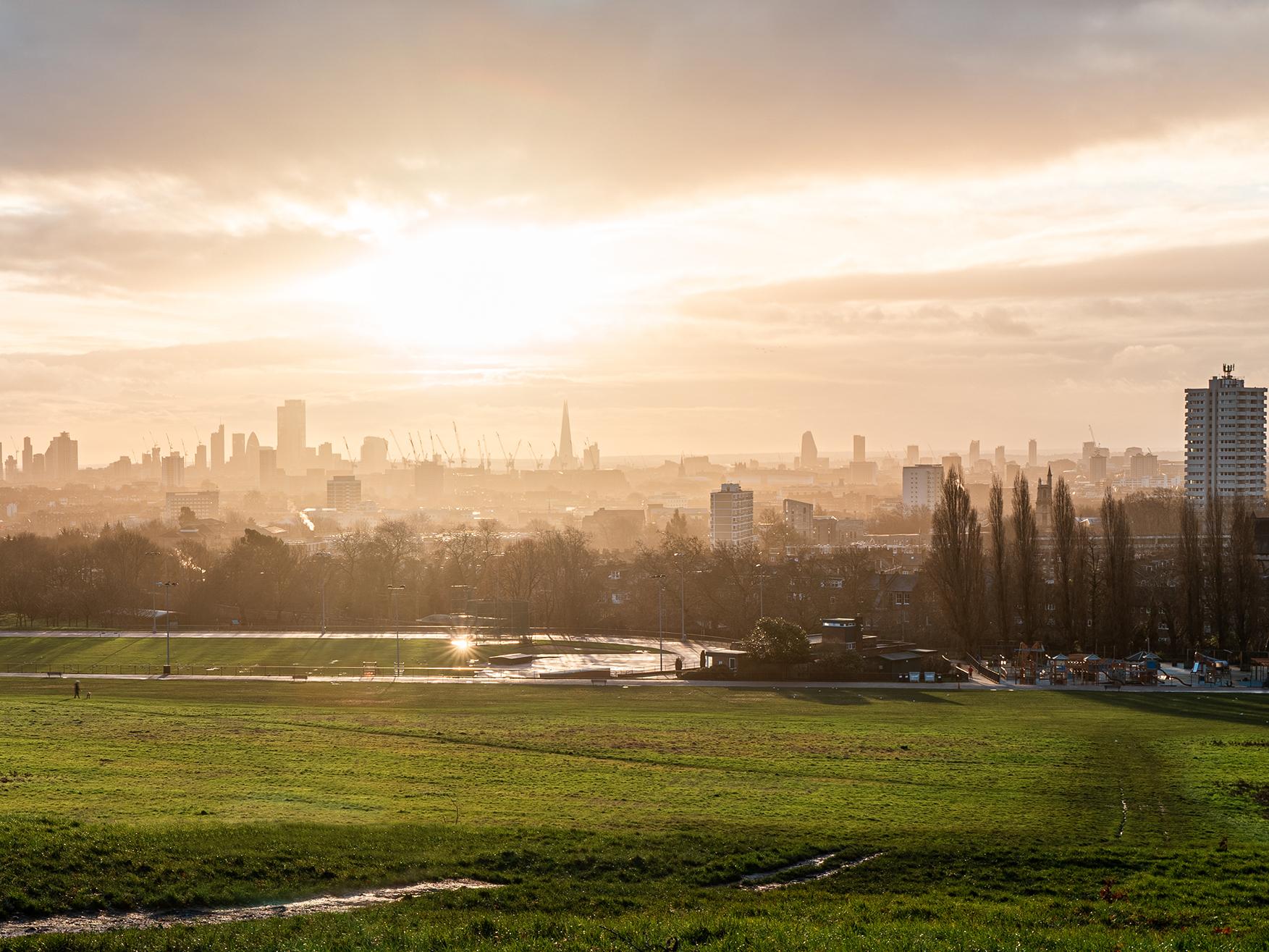
The greatest discovery of my generation is the fact that human beings can alter their lives by altering their attitudes of mind.
– William James
I waited a long time to write down my impressions of lockdown. Every time I tried, a new event occurred that rendered whatever I was going to say obsolete. In the early days of the outbreak, I wanted to express my frustration about our freedom being stripped away from us. It felt as though we were all fleeing an invisible enemy in a videogame and being shepherded into the corner of an endless room with the walls closing in and no windows or light or any known escape route.
Instead of writing, I ran. And I mean ran. Every day, on the big wide heath on my doorstep. That repetitive action switched my mind off the things that pained me. Such as the closure of my beloved lido or the memory of my last coffee in the virtual offices of my favourite local cafes. Such as not being able physically to travel to New York and Paris that month as I’d planned to. And the impossibility of seeing my family in Scotland.
My lockdown runs in Hampstead reminded me of the beautiful yet menacing Egdon Heath in Thomas Hardy’s Return of the Native which I loved as an adolescent. As Hardy says about Egdon in his first chapter: “It had a lonely face, suggesting tragic possibilities.” My heath was mostly full of hope. I usually ran on the paths, but one day there were too many people and I crossed onto the grass.
A big mistake.
Slipping in the mud early one morning, I broke my ankle. So that was that. No longer could I run, or even walk, without the aid of crutches. And, as my local lido was shut, I could not swim either.
So, I turned to my laptop again. I prepared to spill forth the blackest of ink on my suffocation and on the anger I felt about the evil virus and its systematic destruction of our social lives and mental health. However, just as I was about to vent, something distracted me. I received a text message from my neighbour about the WhatsApp group she had created to connect the neighbours on our street. I paused – relieved to be given an excuse not to start. Partly because I was curious and partly because I did not like being left out of things, I signed up to the Street Support Group.
Within minutes, my phone began to vibrate with one message after another. Neighbours I had never met were coming to life. It started with anonymous numbers on a screen helping each other, people sharing rare Ocado delivery slots, posting each other's letters and depositing bags of shopping on doorsteps.
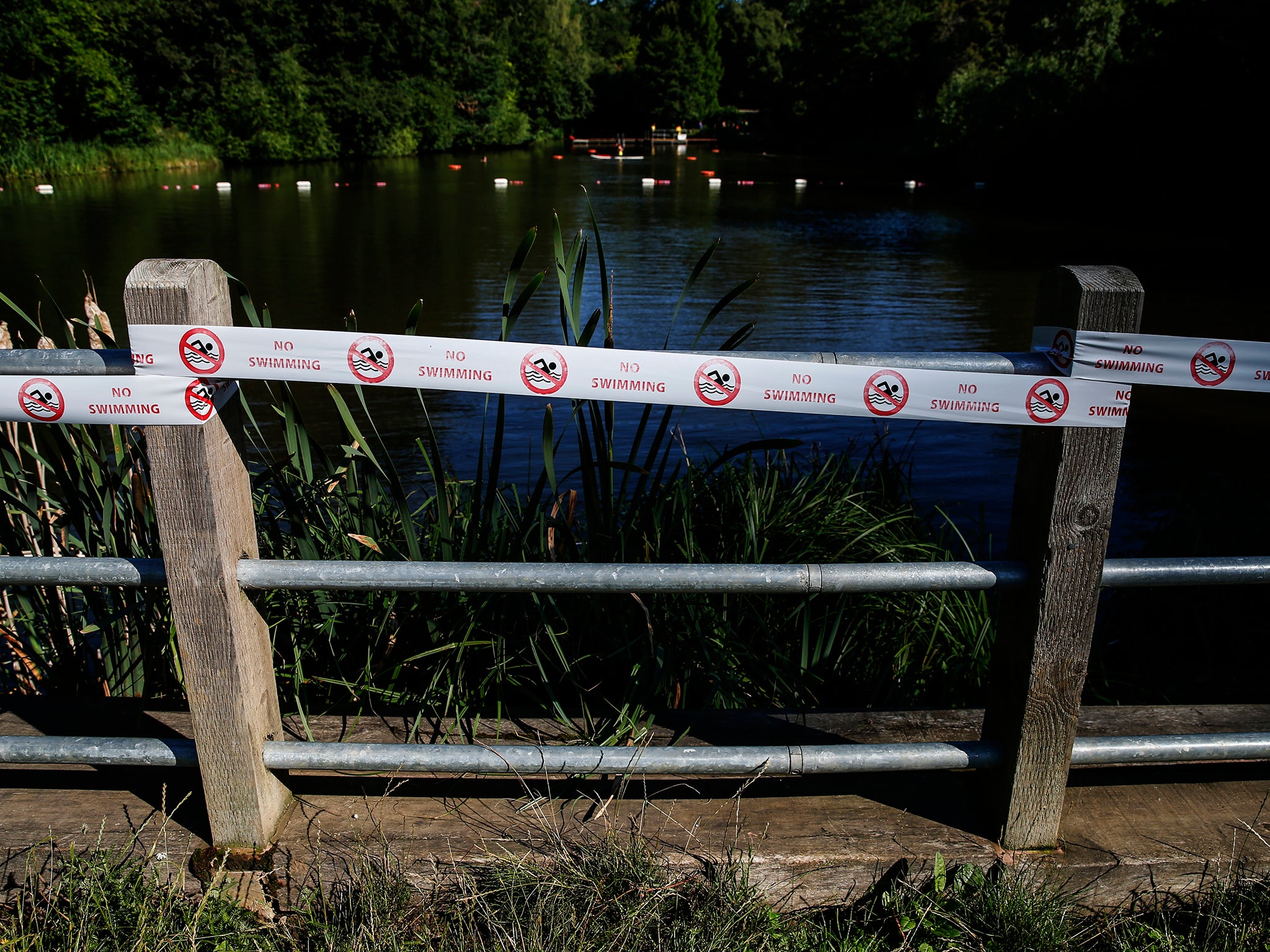
The digits on my screen soon became faces, with voices and expressions and personalities. I started to connect and piece together the identities of the people on my street, their fears and excitements, passions and concerns. Behind these rows of windows, behind the blinds and curtains on this street, there were dogs, children, poets and writers, doctors and musicians, politicians and financiers. A street that, I am ashamed to confess, had held little interest for me before lockdown.
My soliloquy on social seclusion became redundant again. It would have been disingenuous to start complaining about isolation when, almost overnight, I had formed a relationship with half a dozen households and their respective children and pets. Finding a plastic Tupperware box filled with lasagne on my doorstep one day and returning the same box this time filled with an Iraqi stew a few days later became a feature of my lockdown life with this new extended family. A different world had opened up: a diverse community which I could be part of and be of use to.
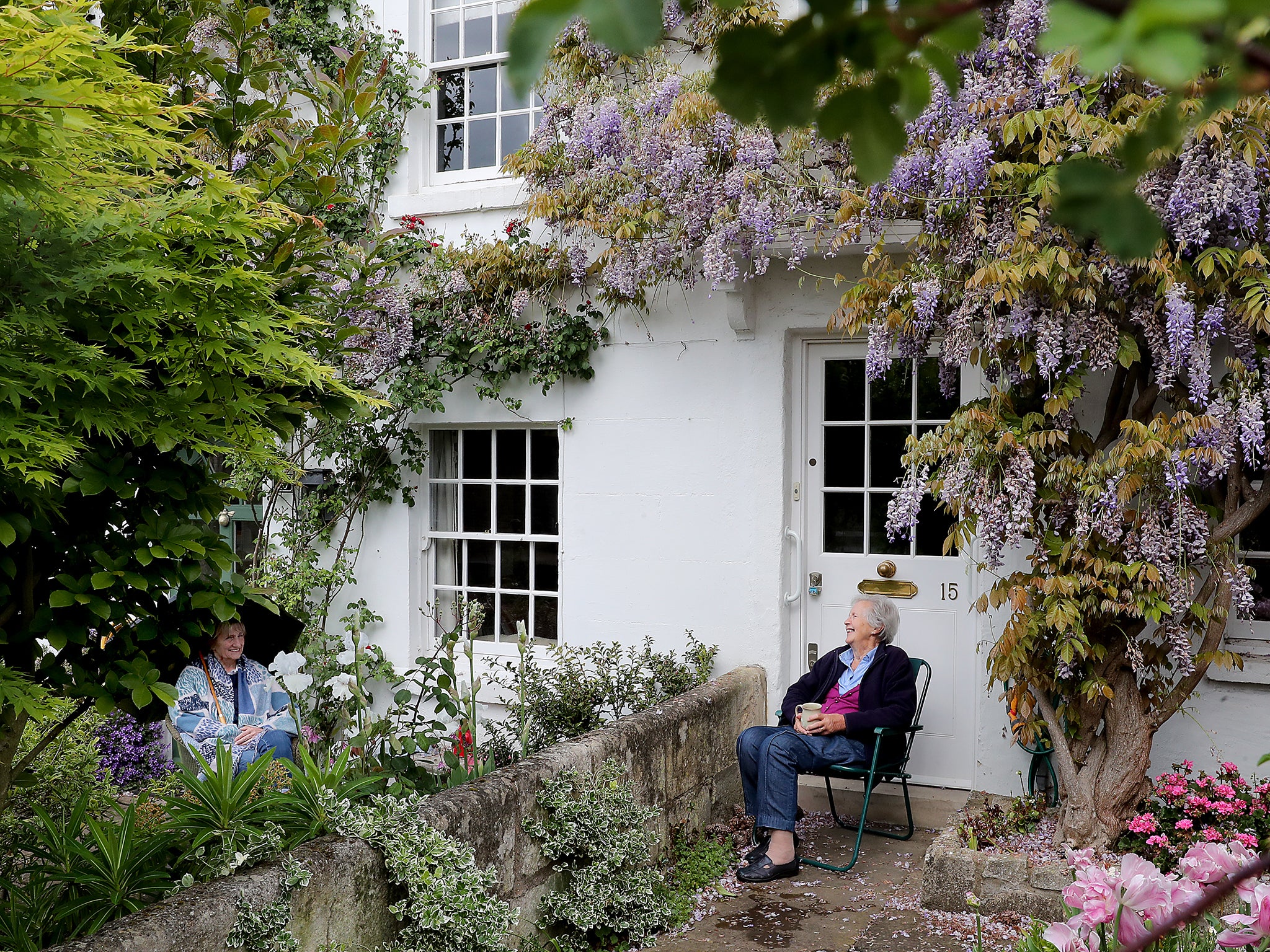
Something else happened. It was to do with the relationship I'd been in pre-lockdown. It had taken up my weekends and some of my weekdays. But, I soon discovered, it was never going to be a relationship that would last. The intensity of lockdown accelerated the realisation that compatibility was not founded on a picnic in a park or a game of chess or two.
The most interesting part of this was not that I achieved more. I did not. But, I was reminded that the human being needs very little, not only merely to survive, but to be fully content
When life outside my front door started slowly to pulse again, no amount of walks in the park or bike rides into nature (or other things) would have been enough to plug the widening cultural, educational and ideological chasm between him and I. But in hindsight, it was perfection for what it provided at the time. That is, a distraction during the most isolated part of lockdown where physical touch was disallowed to many.
After the relationship ran its course, finally I thought I would be free to write this post. I would write about my feelings about social distancing, the “new normal” (a term I dislike), and my concerns or reactions to the different policies and attitudes towards Covid in continental Europe, the United Kingdom (which seems very much divided these days) and the United States. And yet to my surprise, I discovered that my life was fuller than it had been before. The isolated unit that I lived in was a self-sufficient and privileged one in which I had no cause to complain.
The human being will try to create a routine, whatever happens. Physically, I was deprived, along with the rest of the British population (the politician Dominic Cummings excepted) of any travel that was non-essential. Yet, I managed to travel across seas and continents, across the networks. I became disciplined and consistent in a way that I had never been before lockdown: diarising my virtual zoom appointments from my living room in my slippers. The world I had built around me soon distanced itself from the raging media and self-interested politics of what I started to consider as “the Other World”. My world was like a log that had detached itself from a diseased shore. I was no longer interested in manipulated statistics underwritten by hidden agendas that did not affect me or my immediate community, friends or family. While the tempest was raging outside, I felt my internal foundations solidifying.
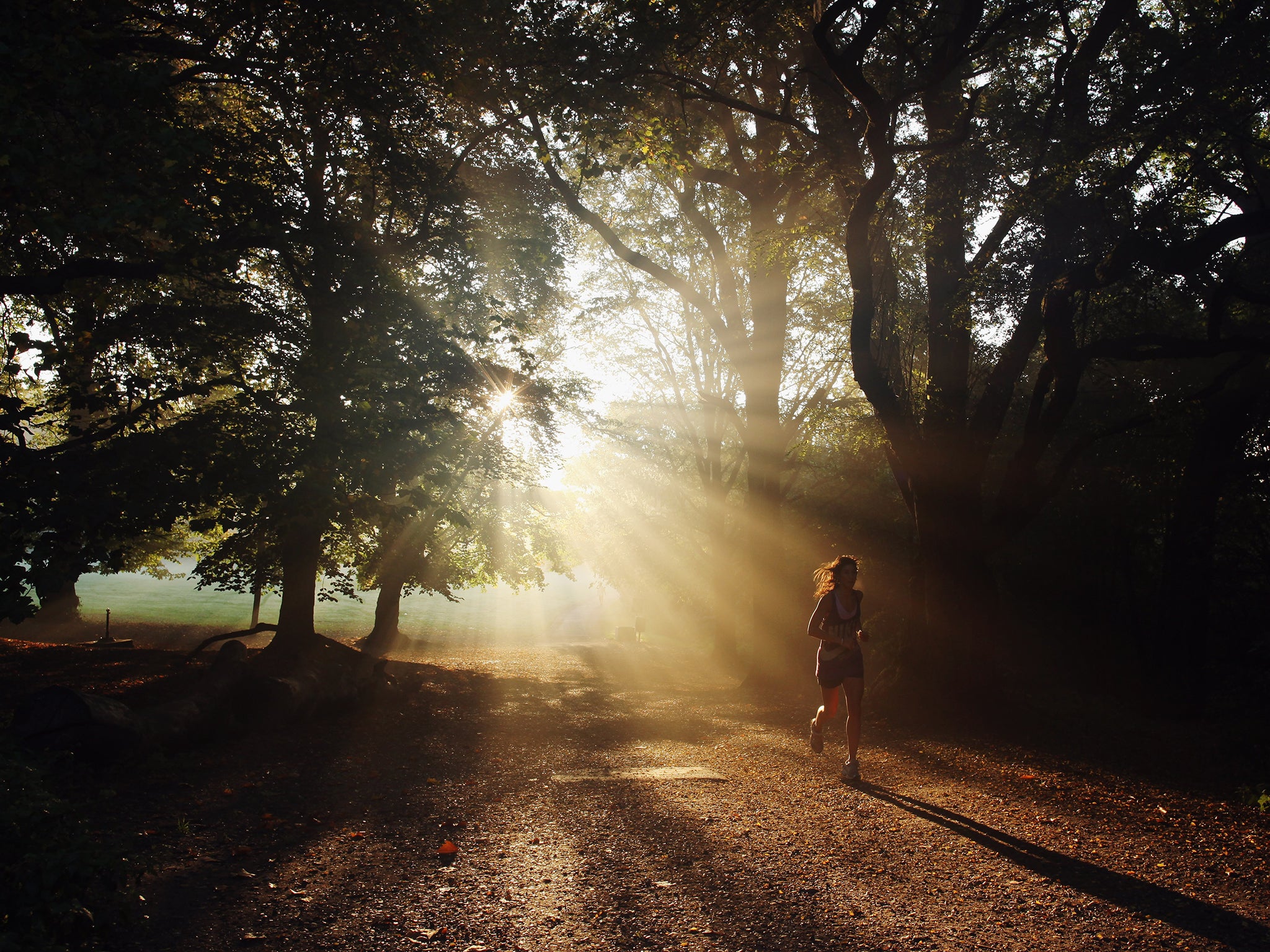
I experienced that you can never alter or feel true closeness to something that you cannot touch, hear and see for yourself. To remain sane, and to effect real change, I needed to do and to feel for myself. In our personal bubble, we can do what is right and it is in the small things: keep our distance, wear a mask in crowded places, not travel far, and be a good citizen and neighbour. The rest is up to the next person, and that is none of our business.
My bubble has consisted of meditation and sport, of phone calls with my mother and sisters at the oddest times of the day, of social cooking with friends as far away as Austria and California. I have taken much pleasure in reading aloud to the toddlers on my street on Zoom, reliving my childhood with the favourite tales of my youth: The Phantom Tollbooth, The Little Prince, Fantastic Mr Fox and others. Focusing on work and creative projects from my living space and bedroom in my small flat, I was rid of the distractions – commutes, endless (expensive) coffees and meaningless meetings. The most interesting part of this was not that I achieved more. I did not. But, I was reminded that the human being needs very little, not only merely to survive, but to be fully content.
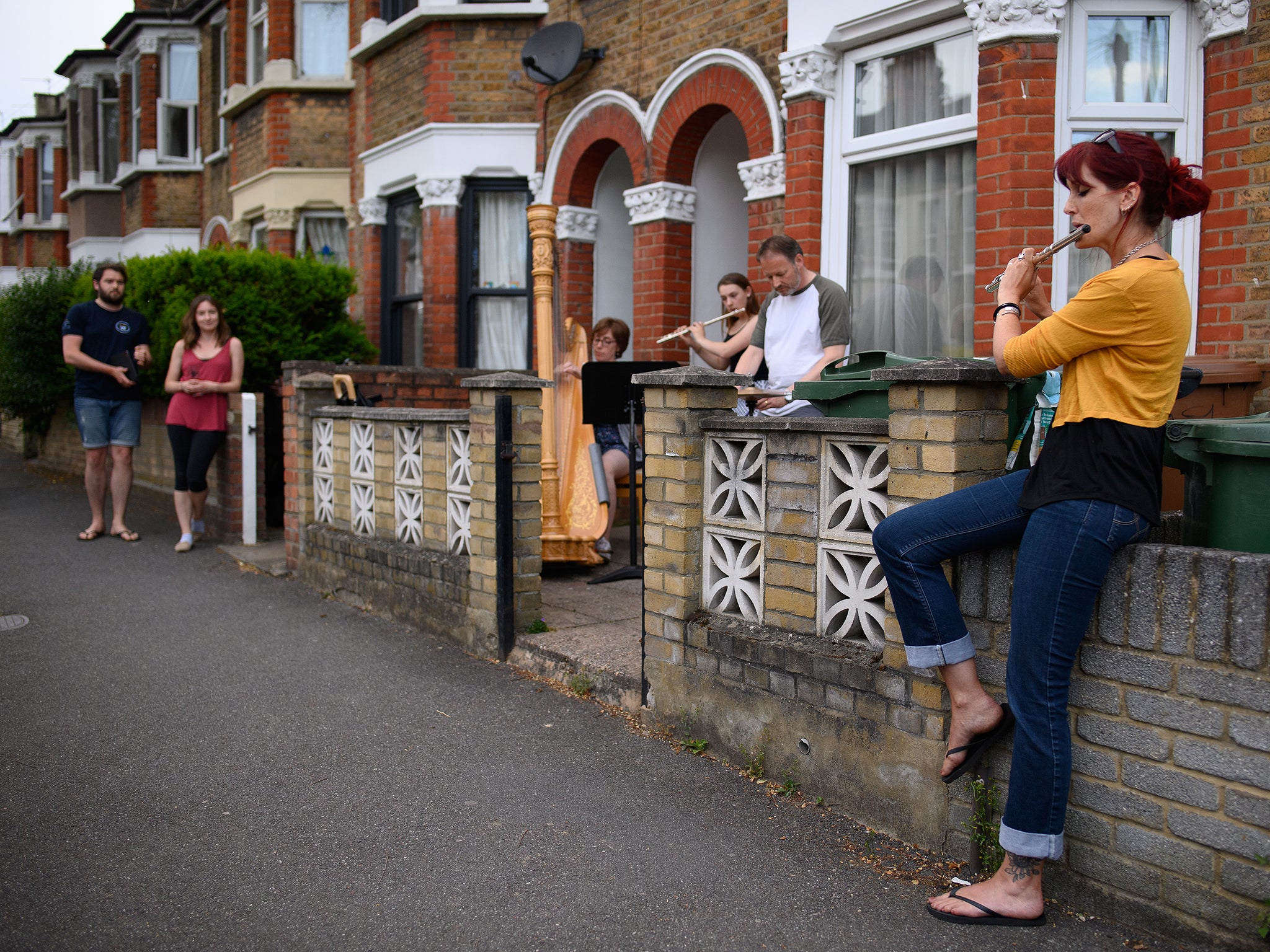
My simpler life consisted of exercise sessions, home brewed coffee, eggs and toast, chocolate, a tripod stand with an iPhone, my moleskine notepad, and my worn trainers to take me deep into my beloved heath. I could even do without my television. Gandhi must have been very happy when he died. Not only because he was a noble human being, but because he died with only seven possessions to his name.
Gradually the fake, the superfluous and the irrelevant are being erased from my life in lockdown, and I seem happier for it. And this is also the reason why I did not set pen to paper so quickly. Paradoxically, the more that I experienced the less I wanted to write about it. I feared that if I were to put it in writing, it would cease to be organic and fluid.
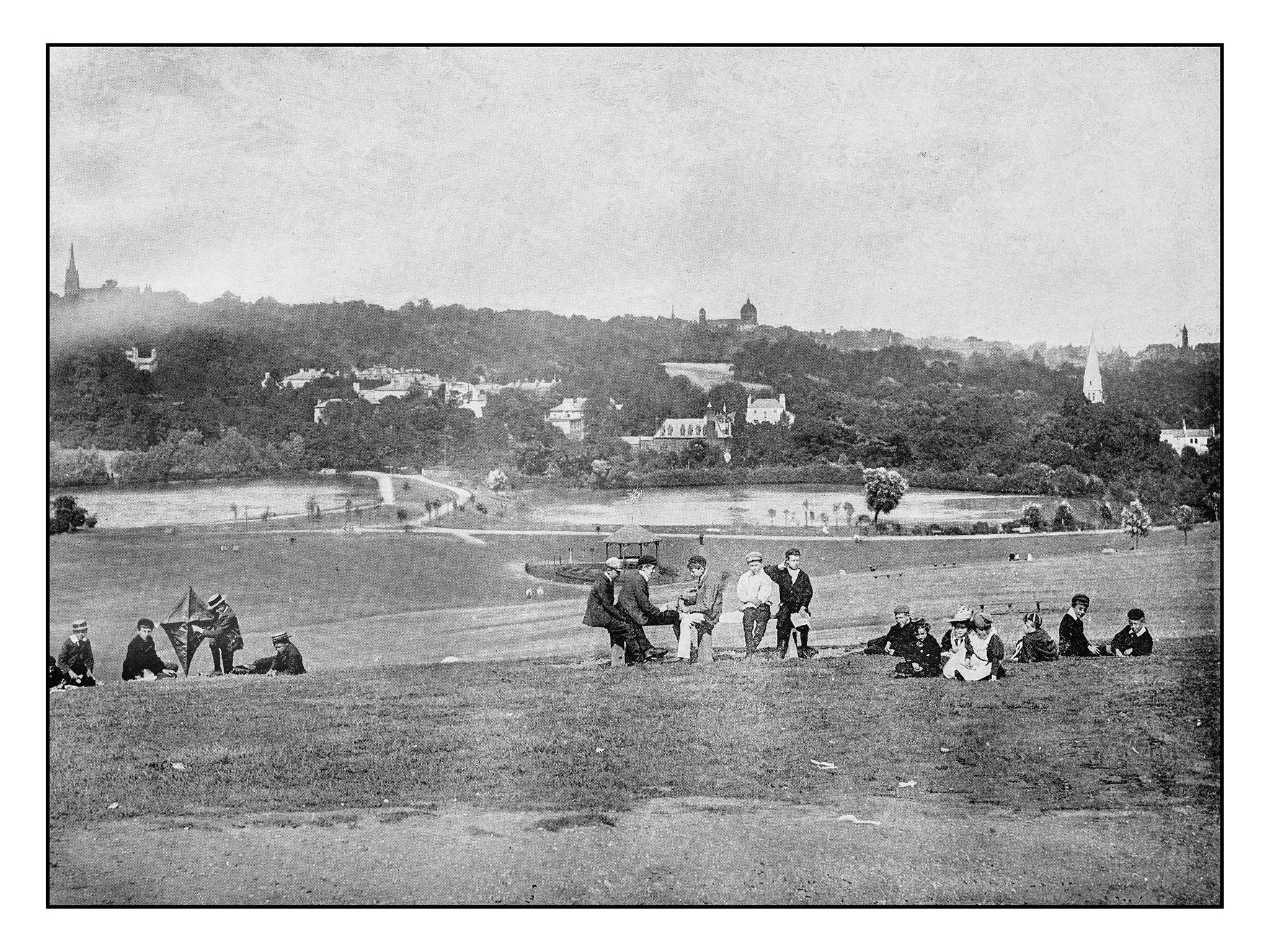
Most of all, I have love for my street community, which has rubbed the edges of my longing for immediate family in Scotland. My new street family reminds me of a past that my parents must have lived in Baghdad and that I had not until now experienced. In other words, families you grow up with who are kind to you, who knock on your door to give you a bag of flour when you need it and to which you are kind back. From the Greeks to the Chinese, from the French to the Italians, to the English, this is London. And London can be friendly, it can be warm and caring if you make an effort to get to know it. I am very lucky, and I am very privileged; the events of the past few months have brought this into sharp focus.
So this, ultimately, is still not a post about lockdown. It is about the beauty that has come, and continues to emerge, out of lockdown. It is not about the empty building but the light that comes through the cracks. In the process, we see the beauty in the small, the near and the tangible things. In my mind, a stream of consciousness flowed, of the glints of beauty that have come out of lockdown. Of course, you will have your own, and it will be unique to you. This is mine, and it helps to write it down as a constant reminder.
Beauty is something that disappears but whose memory stays. It is the thrill of knowledge, the ability to experience nature with all of your senses. It is the excitement of arrival and the sadness of departure. Beauty is nostalgia and warmth, remembrance of a bygone time in a photograph on a shelf. It is the warmth of a heartbeat, both near and distant. It is a closeness: something that is so wrong which is so right for just the moment. It is the pleasure of intimacy and the pain of loss at once.
Beauty is the forest, and every leaf and every tree, the sight of that familiar boulder or fence on the same daily walk. Beauty is rediscovering chess in an empty room, of learning and relearning words. It is routine and unpredictability. Beauty is the patience that comes after weeks of frustration, learning to love solitude, familiarity and repetition. Beauty is days that seem like a lifetime wrapped in weeks that pass in a second. Beauty is the reawakening of the senses without distraction of technology. It is the art of meditation and being alone with one’s thoughts.
Most of all, beauty, in the past few weeks, is community, and giving. And with all of this comes freedom. True freedom is beauty. For while lockdown might have taken away my physical freedom, it has given back something infinitely more fulfilling. A more spiritual internal freedom.
Join our commenting forum
Join thought-provoking conversations, follow other Independent readers and see their replies
Comments